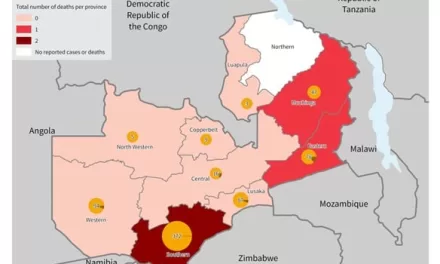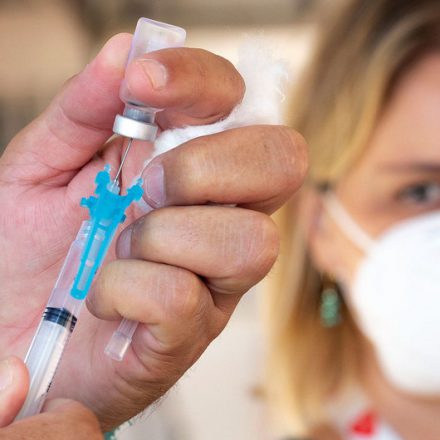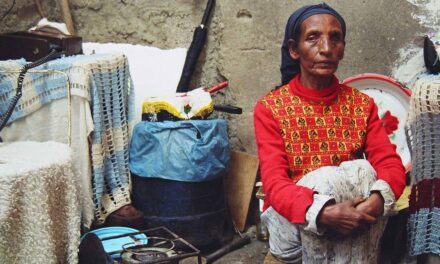
The World Health Organization (WHO) is pleased to announce the release of an enhanced version of its Skin NTDs App, a valuable tool designed to assist front-line health workers in diagnosing and managing skin-related neglected tropical diseases (skin NTDs). The updated App is now available free of charge on both Android ( here) and iOS ( here) devices.
To ensure a smooth installation, users may need to delete the previous version from their devices.
This exciting development is the result of a collaborative effort between WHO and Until No Leprosy Remains (NLR). NLR generously transferred the content of its SkinApp, which encompassed information on skin NTDs, 24 common skin diseases, and some HIV-related skin conditions, to the WHO Skin NTDs App. This collaboration has resulted in a comprehensive and user-friendly resource that aligns with the latest WHO recommendations.
Key features of the updated App include:
- Logical, offline algorithm: The App operates offline and employs a logical algorithm to assist health workers in making accurate diagnoses and treatment decisions.
- Multilingual support: The App is available in English and French, with plans to explore translations into other languages, such as Portuguese and Spanish, to better serve diverse communities.
- Learning resources: The App includes a “Skin NTDs Learning” section, offering valuable training materials for front-line health workers. This content is derived from the WHO manual Recognizing neglected tropical diseases through changes on the skin A training guide for front-line health workers.
- Cutting-edge AI integration (Beta): In addition to the public version, WHO is collaborating with Universal Doctor and Belle.ai to develop a beta version of the App. This version incorporates two online artificial intelligence (AI)-based algorithms that can classify photos of skin lesions instantly. Field tests are planned in selected countries to evaluate the usability and performance of these AI algorithms in real-world conditions. AI has the potential to significantly enhance health care and global medical practices. However, its beneficial impact will only be fully realized when it is centred around principles of ethics and human rights throughout its development, implementation and utilization.
“This software application will rapidly furnish healthcare professionals with practical information for a particular disease, encompassing its clinical characteristics, treatment protocols, and geographic prevalence,” explained Dr José Postigo, a Medical Officer in the WHO Global Neglected Tropical Diseases Programme, working on skin NTDs. “Accessing the interactive menu and a few simple clicks suffice to assist healthcare workers in identifying the most common skin conditions.”
“The WHO Skin NTDs App represents a significant step forward in the fight against NTDs affecting the skin. By providing health workers with a robust and accessible tool, WHO aims to enhance early detection, streamline treatment and ultimately improve the lives of individuals affected by these diseases,” added Dr Kingsley Asiedu, Team Leader for Skin NTDs, WHO Global Neglected Tropical Diseases Programme.
WHO encourages all users to download the App, to share it within their networks and to provide valuable feedback for ongoing improvements. Together, we can empower front-line health workers with the knowledge and resources needed to combat skin NTDs effectively.










